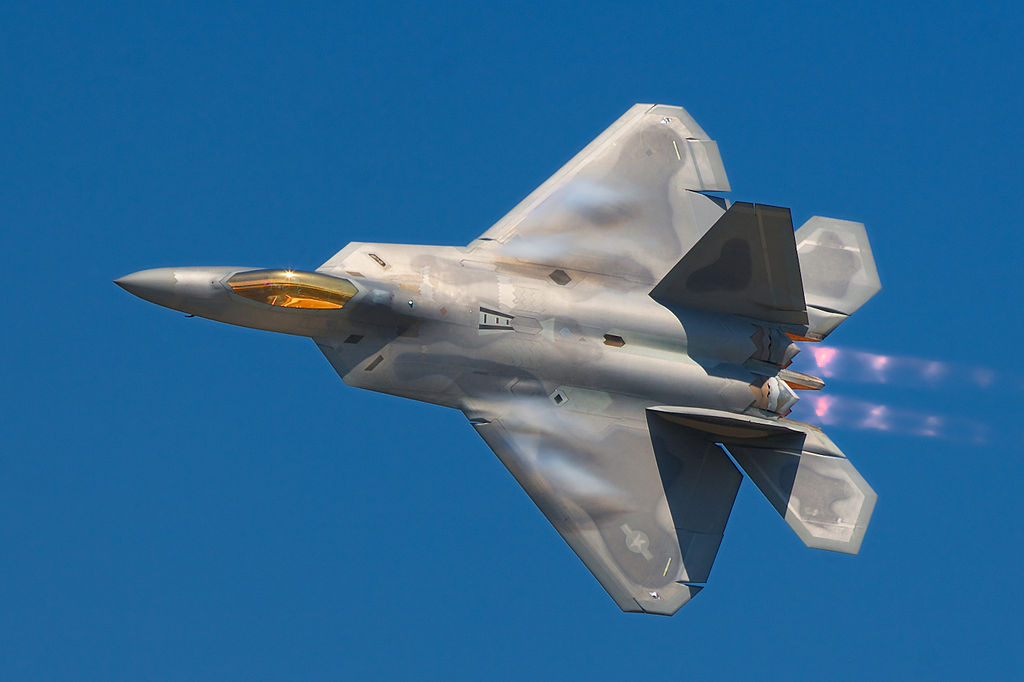“Unmanned” space supporters would have us believe that humans are obsolete and space should be the exclusive domain of robots, but an incident that occurred a few years ago shows why humans (especially pilots) are not yet obsolete.
In February 2007, a flight of six F-22 Raptors (the USAF’s newest, most high-tech fighter) was being deloyed to Japan for the first time. When the Raptors crossed the International dateline, all software in the six planes abruptly failed. The aircraft were without communications, navigation, even fuel management (http://www.dailytech.com/article.aspx?newsid=6225).
If the Raptor had been an “unmanned” aircraft, all six planes would have crashed. They would have been lost in mid-ocean; the wreckage (including flight recorders) might never have been recovered. Engineers would have spent months, perhaps years, trying to determine what went wrong.
Instead, pilots were able to improvise emergency procedures for a situation no one had anticipated. Human skills and courage allowed them to follow their tankers back to Hawaii and an emergency landing. Having pilots onboard saved a billion dollars worth of aircraft from a watery grave.
Software errors like the International dateline bug are common in new systems. A similar bug led to the loss of NASA’s Mars Climate Orbiter. In that case, programmers accidentally used English rather than metric units. Unlike the Raptor, however, Mars Climate Orbiter had no pilot who could compensate for the error. Instead of going into orbit around Mars, it crashed on the surface.
The ability of humans to improvise and correct for unexpected situations is useful not only in operational missions but also during flight test. That’s one reason why piloted aircraft are generally cheaper to develop than Unmanned Air Vehicles. (In fact, many of the larger UAVs are flown as piloted aircraft first and transition to unmanned operation later in the development program.)
Such lessons should be kept in mind when designing future space programs.


Leave a Reply